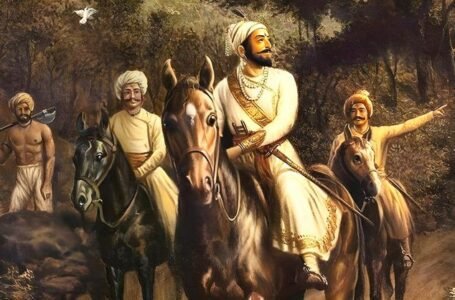Agyeya: The Revolutionary Voice of Modern Hindi Literature
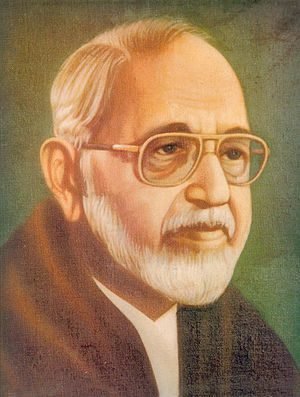
Sachchidananda Hirananda Vatsyayan, popularly known by his pen name Agyeya (1911–1987), was a revolutionary poet, novelist, and thinker who reshaped modern Hindi literature. His writings, characterized by experimental techniques and existential themes, earned him the reputation of being a literary pioneer.
Agyeya’s literary contributions reflect his quest for individual freedom, intellectual exploration, and artistic innovation. As a poet of the Nayi Kavita (New Poetry) movement, a novelist delving into human psychology, and an editor pushing boundaries in Hindi literature, Agyeya was a creative force unlike any other.
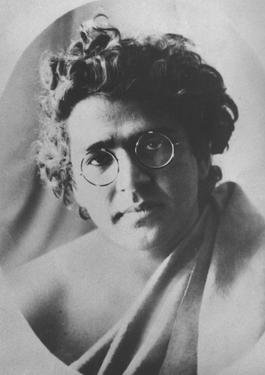
This blog delves into his life, historical context, literary achievements, notable works, and lasting impact on Indian literature.
Early Life and Historical Context
Born on March 7, 1911, in Kasia (now in Uttar Pradesh), Agyeya grew up in a household steeped in intellectual and spiritual pursuits. His father, a renowned archaeologist, exposed him to ancient Indian culture and philosophy, which later found echoes in his literary works.
Agyeya’s early education was unconventional, marked by frequent relocations across India due to his father’s assignments. This nomadic lifestyle nurtured in him a deep connection with India’s diverse cultural and natural landscapes.
The political upheavals of the early 20th century, particularly the freedom struggle, profoundly influenced Agyeya. His involvement in revolutionary activities against British colonial rule led to his imprisonment during his youth. These experiences not only shaped his political consciousness but also deepened his philosophical reflections on freedom, individuality, and human existence—recurring themes in his works.
Literary Contributions
Agyeya’s literary genius lies in his ability to blend tradition with modernity, bringing a fresh perspective to Hindi literature. His writings explored uncharted territories, both in content and form, making him a true innovator.
- Pioneer of Modern Hindi Poetry
Agyeya was a leading figure in the Nayi Kavita movement, which sought to break free from the romanticism of the Chhayavad era. His poetry is marked by:
- Experimental Style: He introduced free verse and unconventional structures, breaking away from rigid classical forms.
- Philosophical Themes: His poems often reflect existential dilemmas, human alienation, and the quest for meaning in a complex world.
- Nature Imagery: Agyeya’s profound love for nature is evident in his vivid descriptions of landscapes, which serve as metaphors for inner turmoil and serenity.
- Psychological Depth in Novels
Agyeya’s novels are milestones in Hindi literature, exploring human relationships, emotional complexities, and existential questions. His narratives are often introspective, delving into the psyche of his characters. - Editor and Mentor
As the editor of influential literary journals like Saptak and Prateek, Agyeya nurtured emerging talent and introduced new voices to the Hindi literary scene. He emphasized innovation and intellectual rigor, challenging writers to move beyond conventional narratives.

Notable Works
- Poetry Collections
- Bhoomi Geet (Songs of the Earth): This collection captures Agyeya’s deep connection with nature and its ability to evoke profound emotional and philosophical reflections.
- Hari Ghas Par Kshanbhar (A Moment on the Green Grass): Agyeya’s mastery of free verse is evident in this collection, where he contemplates life’s fleeting moments and eternal truths.
- Novels
- Shekhar: Ek Jeevani (Shekhar: A Biography): This semi-autobiographical novel is a psychological exploration of a young revolutionary’s inner struggles. Written in a stream-of-consciousness style, it was a groundbreaking work in Hindi literature.
- Nadi Ke Dweep (Islands in the River): Agyeya’s exploration of human relationships and existential questions is beautifully woven into this novel, often considered a masterpiece of Hindi fiction.
- Essays and Plays
- Agyeya’s essays reflect his intellectual depth, tackling topics ranging from philosophy and aesthetics to politics and culture.
- His experimental plays, though fewer in number, showcase his ability to innovate across genres.
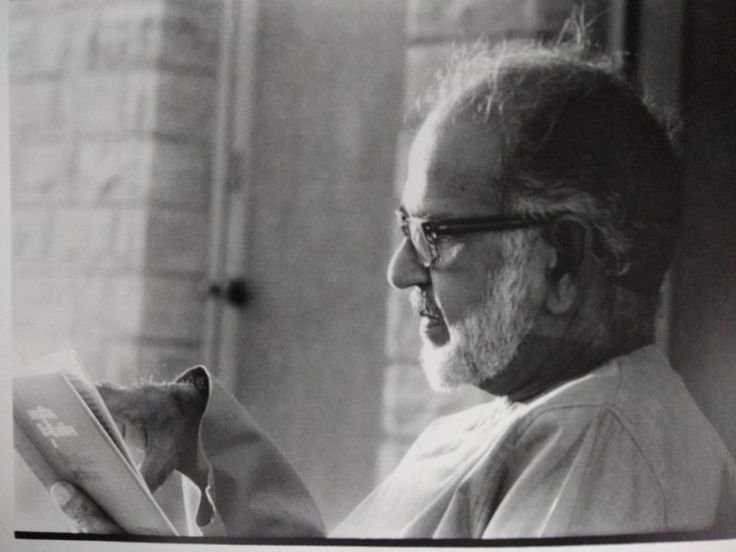
Achievements and Recognition
- Jnanpith Award (1978): Agyeya received this prestigious honor for his unparalleled contributions to Indian literature, particularly for enriching Hindi with his innovative techniques and profound themes.
- Sahitya Akademi Award (1964): He was recognized for his novel Nadi Ke Dweep, which is celebrated for its stylistic innovation and philosophical depth.
- Contributions to Journalism: As an editor, Agyeya revolutionized Hindi journalism by promoting intellectual discourse and literary experimentation. His editorial leadership helped elevate the status of Hindi literature.
Philosophical and Literary Ideals
Agyeya’s writings are rooted in his philosophical quest for freedom—freedom from political oppression, societal norms, and intellectual constraints. Influenced by Western existentialists like Jean-Paul Sartre and Indian spiritual traditions, his works explore:
- Individuality: Agyeya celebrated the individual’s right to self-expression and exploration.
- Modernism: He was one of the first Hindi writers to embrace modernist techniques, incorporating introspection and symbolism into his narratives.
- Universalism: While deeply connected to Indian culture, his works resonate with universal themes, making them relevant across linguistic and cultural boundaries.
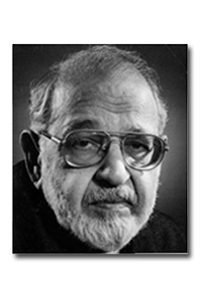
Legacy
- Influence on Hindi Literature
Agyeya’s experimental style and thematic diversity paved the way for a new generation of writers. His emphasis on intellectual freedom and artistic innovation continues to inspire Hindi poets and novelists. - Nurturing New Voices
Through his editorial ventures and mentorship, Agyeya fostered a culture of experimentation and inclusivity in Hindi literature. Writers like Raghuvir Sahay and Shamsher Bahadur Singh owe their literary growth to his guidance. - Institutions and Memorials
Several literary awards and events commemorate Agyeya’s legacy. His contributions are studied extensively in Indian universities, ensuring that his work remains a subject of academic and literary discourse.
Relevance in Contemporary Times
In an era of conformity and mass culture, Agyeya’s emphasis on individuality and intellectual freedom holds immense relevance. His works challenge readers to question societal norms, explore their inner selves, and embrace creativity without fear.

Conclusion
Agyeya was not just an author but a revolutionary thinker whose works transcended the boundaries of literature. His poetic and narrative innovations redefined Hindi literature, while his philosophical insights provided a deeper understanding of human existence.
By championing freedom in all its forms—political, social, and intellectual—Agyeya remains a beacon of inspiration for readers and writers alike. His legacy, rooted in the timeless values of individuality, creativity, and introspection, continues to illuminate the ever-evolving landscape of Indian literature.
